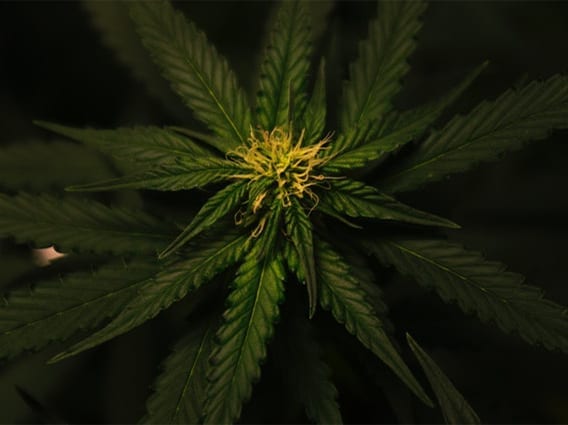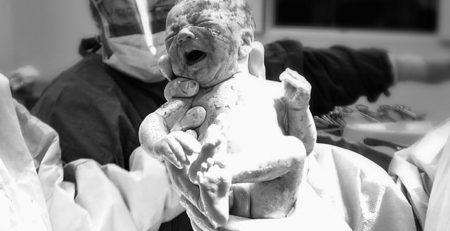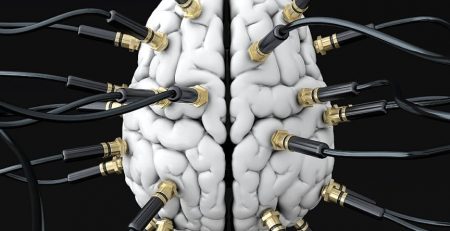Use of Cannabis During Pregnancy May Impact Baby’s Memory
As the use of cannabis, both recreationally and medically, becomes more widespread, scientists continue to dive deeper into potential impacts on the minds, bodies, and, in this case, fetuses of users. While cannabis is currently being used to treat a number of ailments and symptoms, it has grown to be touted as an effective treatment for morning sickness, according to IFLScience.com.
To test the impact maternal cannabis use may have on the unborn child, a recent study from Auburn University’s Harrison School of Pharmacy gave THC to pregnant rats “and discovered that the compound can indeed move across the blood-placental barrier to the fetus,” Rachel Baxter writes. After they were born, the scientists tested the memories of the rats through behavioral tests.
“They could not perform the given task as efficiently as normal offspring of the same age,” Auburn doctoral student Priyanka Pinky said in a statement.
The team uncovered that the presence of a specific molecule, known as the neural cell adhesion molecule, was most likely the cause. The neural cell adhesion molecule maintains the connection between the brain’s neurons and hippocampus, which is where new memories are formed. With less of this protein present in their brains, the baby rats became more forgetful.
The researchers stress that, since the research was conducted using rats, there is no guarantee the same effects would occur in humans, but previous research has linked cannabis use during pregnancy to low birth weight, neurodevelopmental problems, and higher risk of stillbirth.














